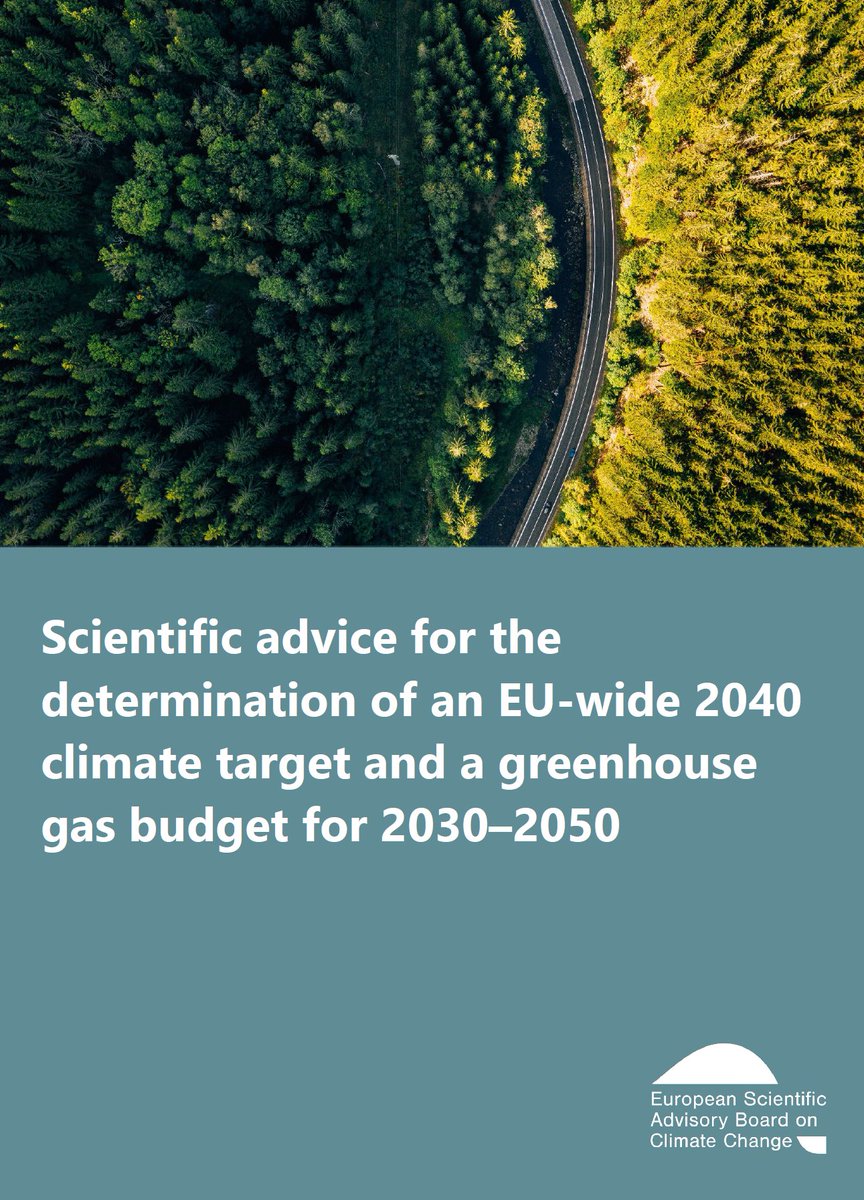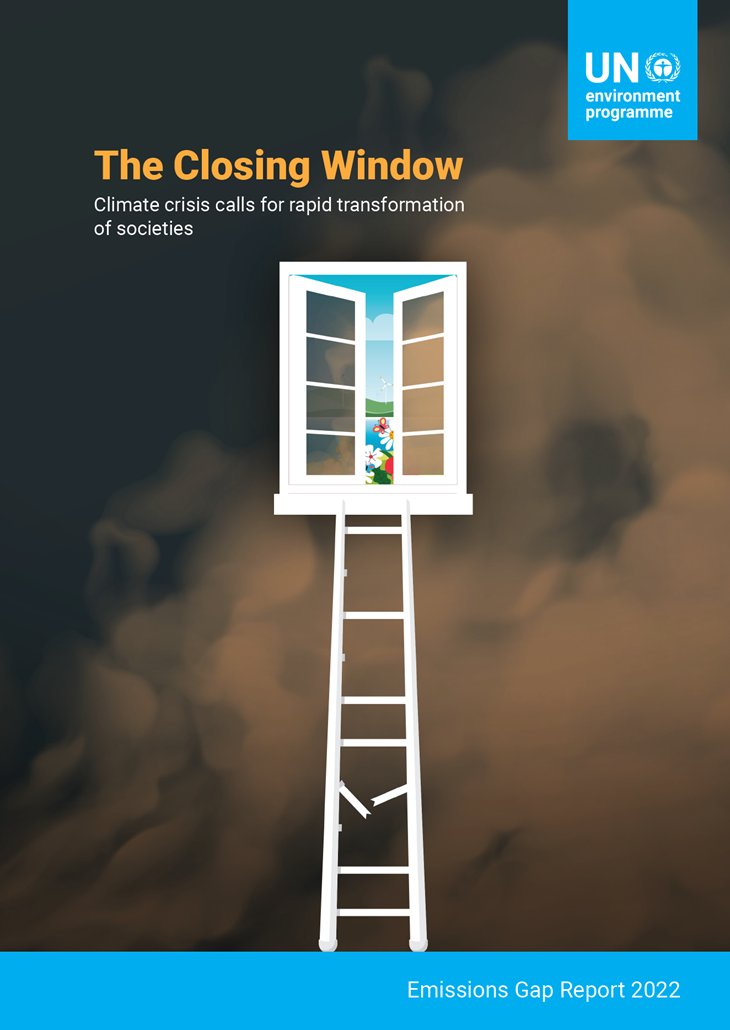Hot off the press - new climate research 🚨🌍🔥
Will warming stop once we reach net zero CO2 emissions?
Open-access publication @FrontiersIn assessing what we know and don't know about whether warming will stop once net zero CO2 emissions are reached. /1
frontiersin.org/journals/scien…
Will warming stop once we reach net zero CO2 emissions?
Open-access publication @FrontiersIn assessing what we know and don't know about whether warming will stop once net zero CO2 emissions are reached. /1
frontiersin.org/journals/scien…
With #NetZero targets established as key components of international and national climate policy, it becomes ever more pertinent to closely understand what reaching net-zero emissions will deliver and what it doesn't. /2
iopscience.iop.org/article/10.108…
iopscience.iop.org/article/10.108…
That's why we, with an international team of scientists, take a deep look at the 'zero emissions commitment' or ZEC. In other words, how much warming (or cooling) can be expected once global emissions are brought down to zero.
For various reasons, we focus our effort on CO2. /3
For various reasons, we focus our effort on CO2. /3
Physically, we understand why warming should roughly stop after net zero CO2 emissions: reductions in ocean heat uptake that would further see global warming, are balanced with reductions in atmospheric CO2 concentrations. /4 

While warming is expected to stop, other parts of the Earth system, such as sea level rise, continue to change. /5
How sure are we that this best estimate of zero additional warming after #NetZero CO2 emissions is indeed true?
We look in detail into 26 levers of potential change and assess for each how they could change and affect warming after net zero. /6
We look in detail into 26 levers of potential change and assess for each how they could change and affect warming after net zero. /6
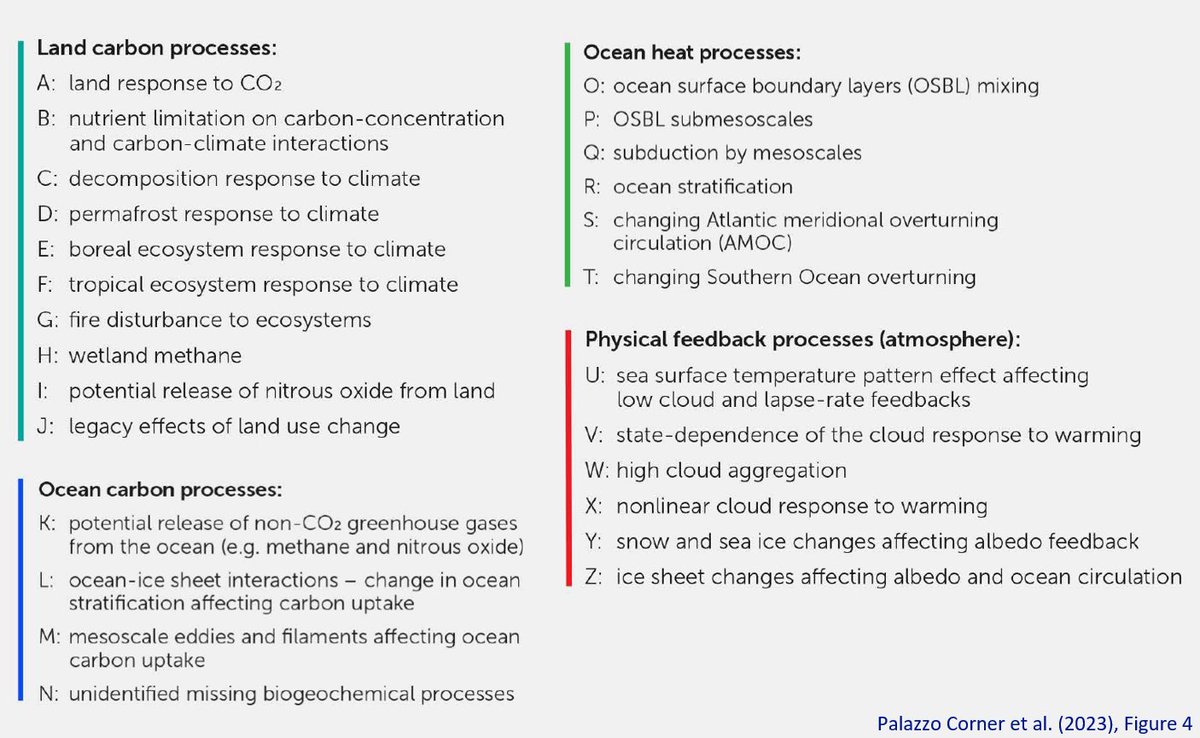
For each lever we assess by which percentage they would increase or decrease warming after net zero, and this at different levels of confidence, from high (where we have much evidence and understanding) to low and even speculative (with limited evidence and understanding). /7 

We look at if we can expect warming to increase or decrease decades, centuries or millennia after reaching #NetZero CO2.
This shows a mixed picture, with contributions that could either further warm or start to cool the planet after #NetZero CO2. /8
This shows a mixed picture, with contributions that could either further warm or start to cool the planet after #NetZero CO2. /8
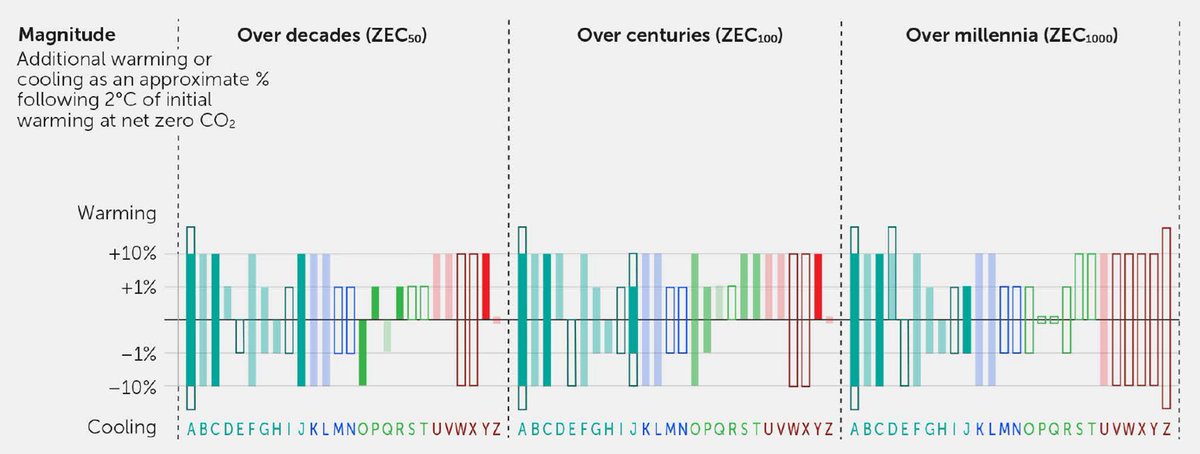
However, what it also shows is that there is a clear risk that we could see several tenths of a degree of additional warming after #NetZero CO2. /9
How different is this insight from the latest @IPCC_CH assessment published in 2021?
IPCC assessed ZEC over 50 yrs to be with greater than 66% probability ('likely' in IPCC talk) less than 0.3C after an initial 2C of warming. That still leaves a 1-in-6 chance of warming >0.3C /10
IPCC assessed ZEC over 50 yrs to be with greater than 66% probability ('likely' in IPCC talk) less than 0.3C after an initial 2C of warming. That still leaves a 1-in-6 chance of warming >0.3C /10
Our study doesn't change this, but helps understanding where this range comes from and how it could change in the future.
It guides the scientific community in focussing efforts on some of the processes whose contribution we understand least. /11
It guides the scientific community in focussing efforts on some of the processes whose contribution we understand least. /11
What are the policy implications of potential additional warming after #NetZero CO2?
First and foremost:
Additional warming does not equal unstoppable warming
[#NetZero CO2 emissions is still understood to stop warming, but maybe that could be at a higher level] /12
First and foremost:
Additional warming does not equal unstoppable warming
[#NetZero CO2 emissions is still understood to stop warming, but maybe that could be at a higher level] /12
Second:
#NetZero becomes even more important as a climate milestone, but we need to plan to go beyond
[#NetZero remains a key step in halting climate change, but shouldn't be considered the end point of the mitigation journey] /13
#NetZero becomes even more important as a climate milestone, but we need to plan to go beyond
[#NetZero remains a key step in halting climate change, but shouldn't be considered the end point of the mitigation journey] /13
Third:
Peak warming could be higher, with additional impacts, damages, and challenges
[This increases the urgency and therefore importance of near-term emissions cut to limit cumulative emissions until net zero] /14
Peak warming could be higher, with additional impacts, damages, and challenges
[This increases the urgency and therefore importance of near-term emissions cut to limit cumulative emissions until net zero] /14
Fourth:
To counteract potential continued warming over centuries to millennia, our global society should prepare for CO2 management and continued CO2 removal from the atmosphere. /15
To counteract potential continued warming over centuries to millennia, our global society should prepare for CO2 management and continued CO2 removal from the atmosphere. /15
This paper was an incredible team effort, led by Sofia Palazzo-Corner, and an international team of experts (see 👇).
And finally, huge congrats to lead author Sofia Palazzo-Corner, who has delivered a whopping first #PhD paper!! /end
And finally, huge congrats to lead author Sofia Palazzo-Corner, who has delivered a whopping first #PhD paper!! /end
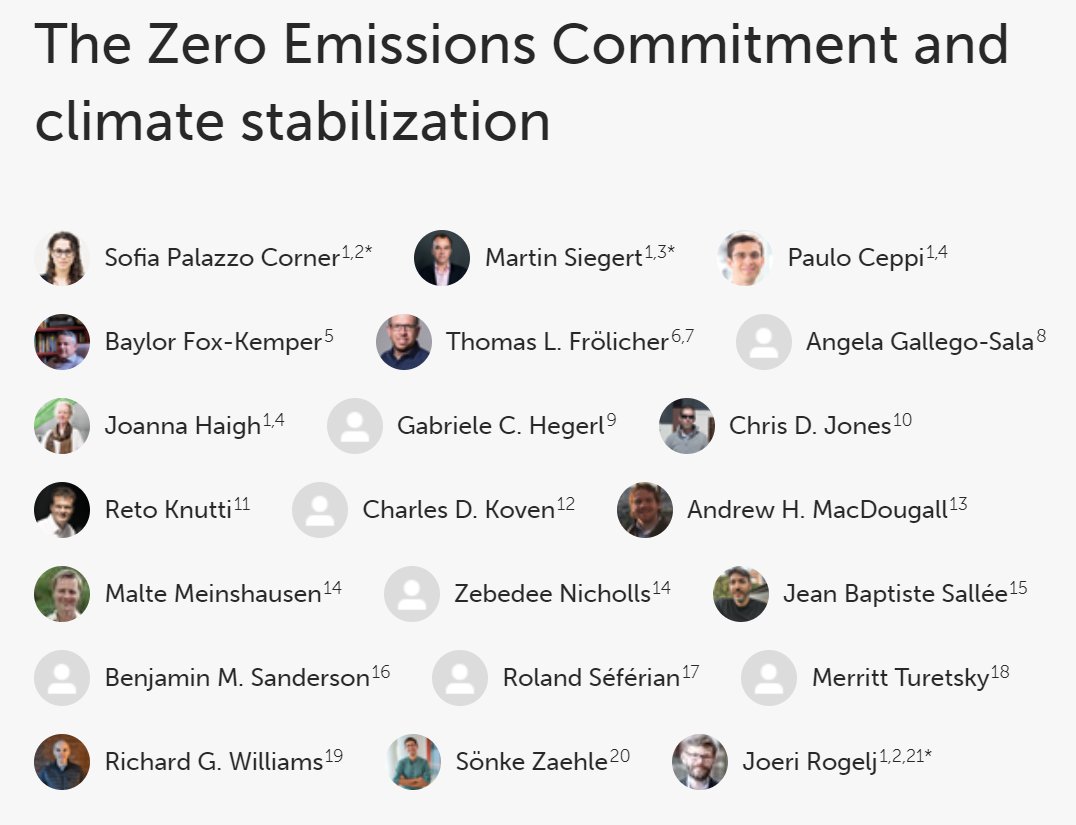
With accompanying viewpoint contributions by
@damon_matthews:
and @MichaelEMann: frontiersin.org/journals/scien…
frontiersin.org/journals/scien…
@damon_matthews:
and @MichaelEMann: frontiersin.org/journals/scien…
frontiersin.org/journals/scien…
• • •
Missing some Tweet in this thread? You can try to
force a refresh

 Read on Twitter
Read on Twitter

